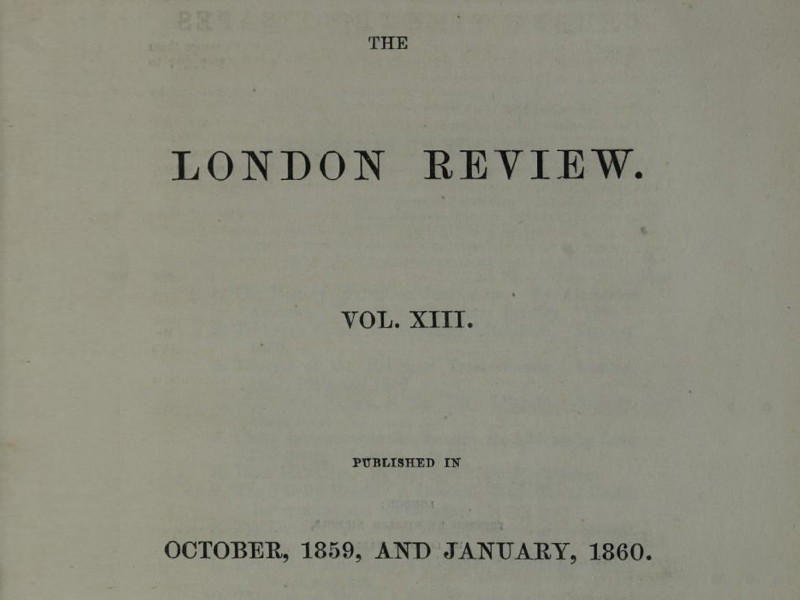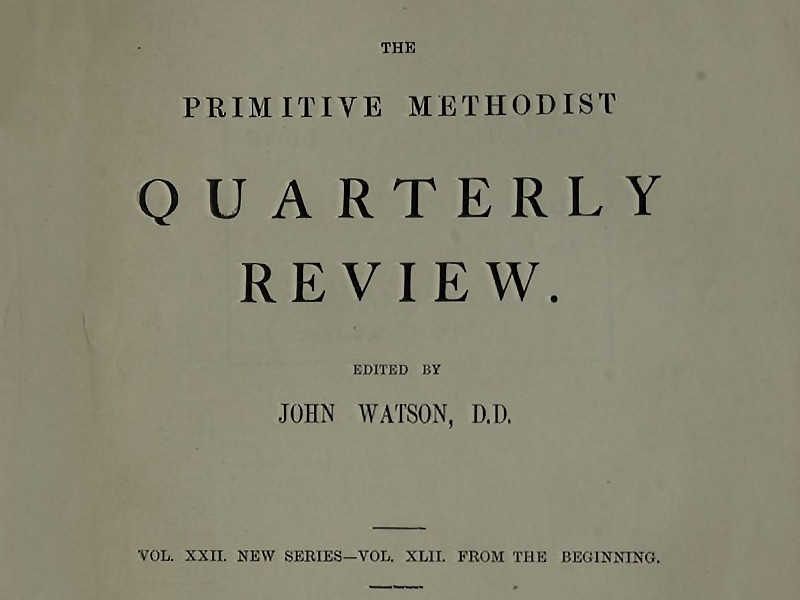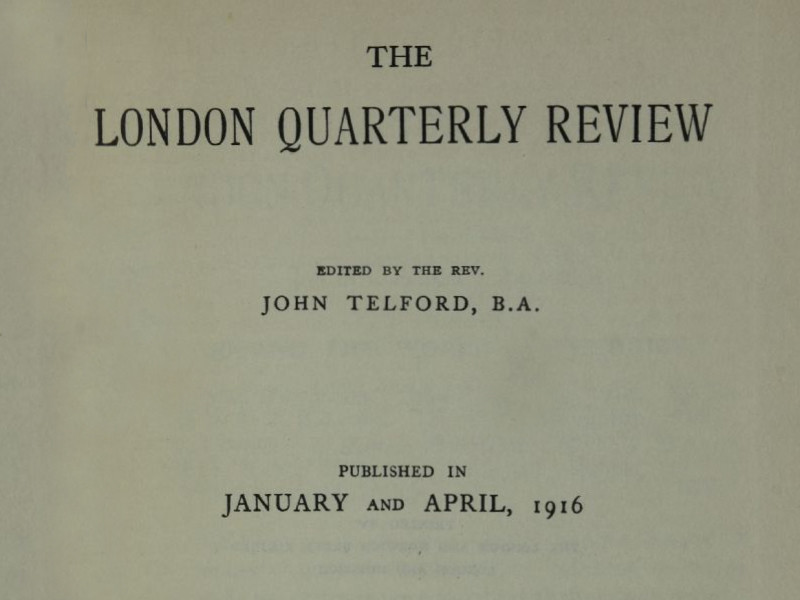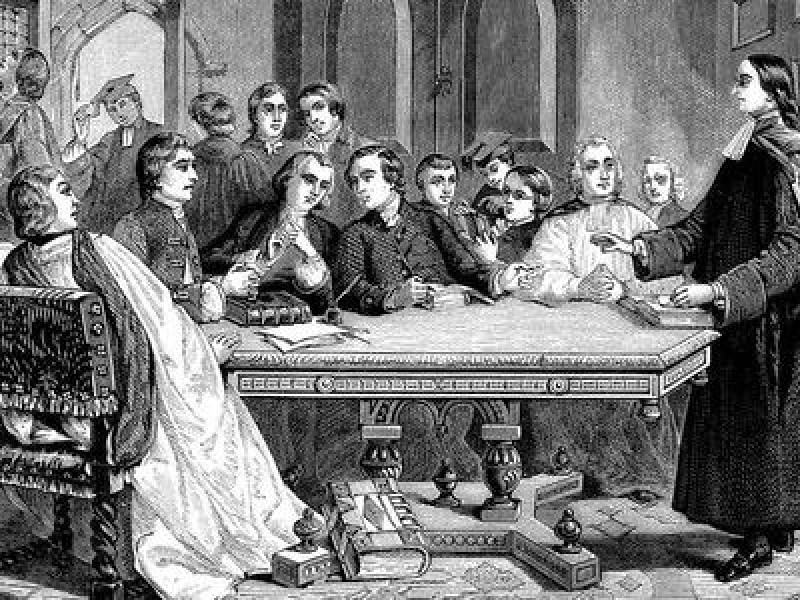
Methodist Publications, 1855–1919

The London Quarterly Review, Primitive Methodist Review, and Holborn Review
A monarch while he lived, Wesley left Methodism to be a republic after he died.Oxford Brookes University
Access the full collection
Access the full archive of Methodist Publications, 1855–1919.
Institutional Free Trial
Start your free trialRegister for a free 30-day trial of Methodist Publications, 1855–1919, for your institution.
Institutional Sales
Visit Sales PagesellFor more information on institutional access, visit our sales page.
Single User License
Purchase a license below to view the full collection.
Already have a license? Sign in.
Examine the ideas and influence of Methodism through denominational periodicals

John Wesley (1703-1791) was an English cleric who lead a revival movement within the Church of England known as Methodism in the 18th century. After Wesley's death, internal schisms led to a splintering of the original faith. The rival Methodist denominations included the Wesleyan Methodists, Primitive Methodists, and United Methodists.
This collection contains copies of periodicals that chart the debates between and within these denominations: the Primitive Methodist Quarterly Review & Christian Ambassador (1887-1909), Holborn Review (1910-1919), and The London Quarterly Review and Christian Ambassador (1855-1919).
Primitive Methodist Quarterly Review & Christian Ambassador and Holborn Review were edited by Primitive Methodists. In contrast, The London Quarterly Review and Christian Ambassador was a Wesleyan publication.
Contents
Methodist Publications, 1855–1919...
The London Quarterly Review, Primitive Methodist Review, and Holborn Review
Discover
Highlights
Insights
- Primitive Methodism was a major working-class movement in English Methodism from 1810 to the Methodist Union of 1932. The Methodist Union united various groups in a new body known simply as ‘The Methodist Church’.
- In 1854, the Sunderland Primitive Methodist District Ministerial Association started to publish a periodical called the 'Christian Ambassador', which consisted of lectures given at its meetings. In 1878, this periodical evolved and was renamed the 'Primitive Methodist Quarterly Review & Christian Ambassador'. In print from 1879 to 1909, it was a serious and intellectual periodical. Subjects covered include religious history, philosophy, theology, homiletics, and literature.
- 'The Holborn Review' was a continuation of the 'Primitive Methodist Quarterly Review & Christian Ambassador'. It was published under various titles during the period 1910-1932. The issues available are mostly edited by Minister H.B. Kendall. As well as being an editor, Kendall was a successful author and historian.
- 'The London Quarterly Review' was a Wesleyan publication founded in 1853 with the backing of significant members of the Wesleyan Methodist church. Under the long editorship of W.B. Pope (1862-1886), its scope was wide-ranging and its tone broadly conservative. Editor J.H. Rigg (1883-1898) reduced the price and adopted a more popular style of article.
- The 19th century saw a significant expansion of the printed word. Technological developments and higher literacy rates contributed to the growth of Methodism through print culture.
Unlock Historical Research for Your Institution
Provide your students and researchers with direct access to unique primary sources.
Related Media












.svg)
